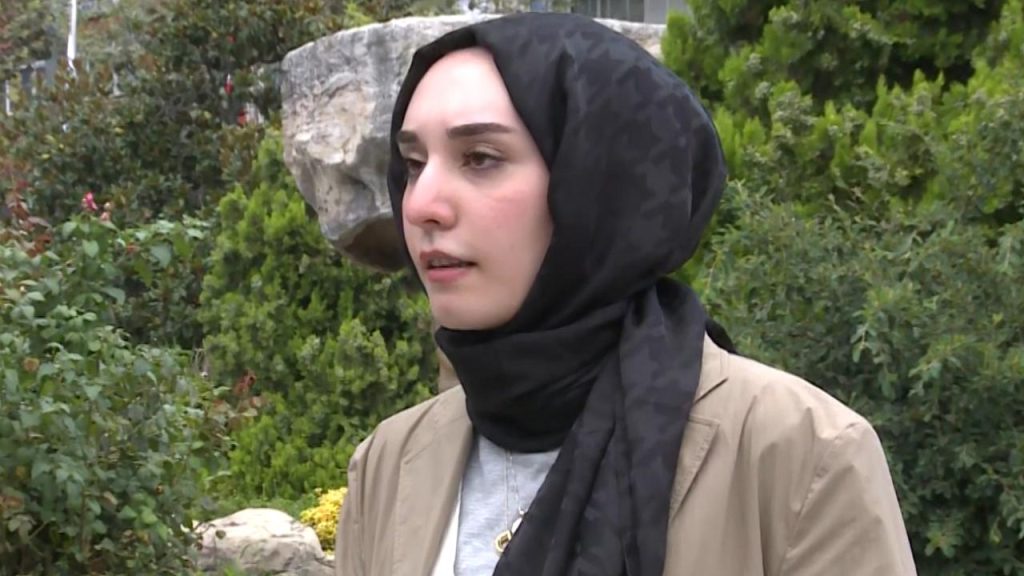Recently, a controversy emerged in a public school in Turkey involving discrimination against a student wearing a headscarf. The incident came to light when a video circulated on social media showing a teacher asking the student to remove her headscarf before entering the school building. This act of discrimination sparked outrage among many individuals, including human rights organizations and politicians.
The teacher’s actions were met with heavy criticism, with many labeling it as a clear case of discrimination based on religious beliefs. The incident brought to attention the ongoing issue of discrimination against headscarf-wearing individuals in Turkey, despite the country’s secular constitution. Many argue that such discriminatory acts go against the principles of equality and freedom of religion.
In response to the incident, the Ministry of National Education issued a statement condemning the teacher’s actions and stating that discriminatory behavior towards students based on their religious attire is unacceptable. The ministry also announced that they would be launching an investigation into the matter to determine the appropriate course of action.
The incident also prompted a debate among politicians and activists about the need for greater protection of religious freedoms in Turkey. Many called for stronger legislation to prevent such discriminatory acts from occurring in the future and to ensure that all students are able to practice their religious beliefs without fear of discrimination.
The student at the center of the controversy has since received an outpouring of support from her fellow classmates, teachers, and community members. Many have voiced their solidarity with her and condemned the teacher’s actions. The incident has shed light on the importance of standing up against discrimination and upholding the principles of equality and freedom of religion for all individuals.
Overall, the incident involving the discrimination against a headscarf-wearing student in a public school in Turkey has sparked a national conversation about the need for greater protection of religious freedoms and the prevention of discriminatory acts in educational settings. It serves as a reminder of the ongoing challenges faced by individuals who wear religious attire in a secular society and the importance of standing up against such discriminatory behavior.


